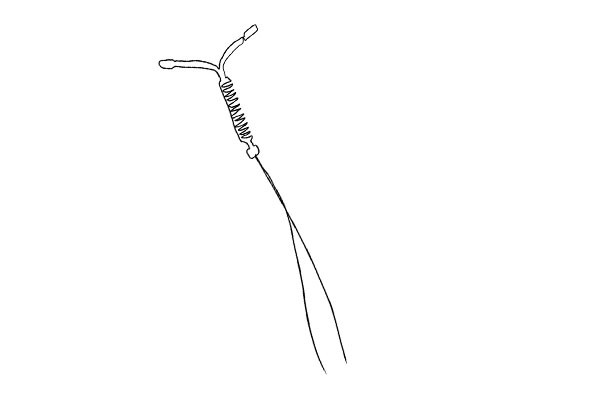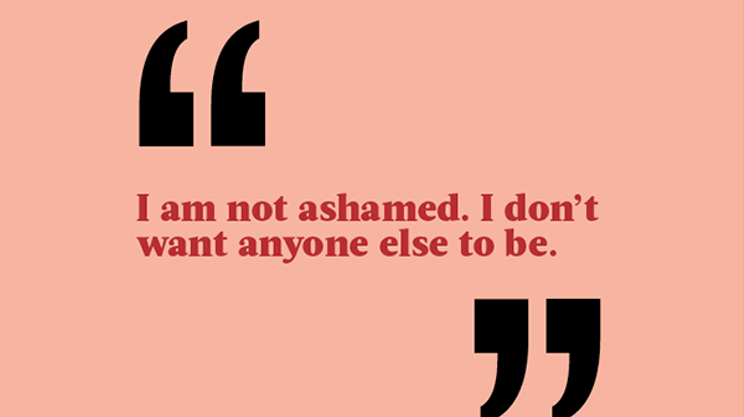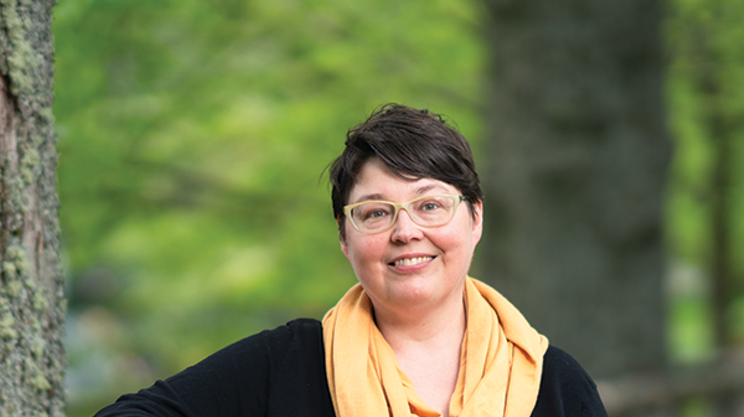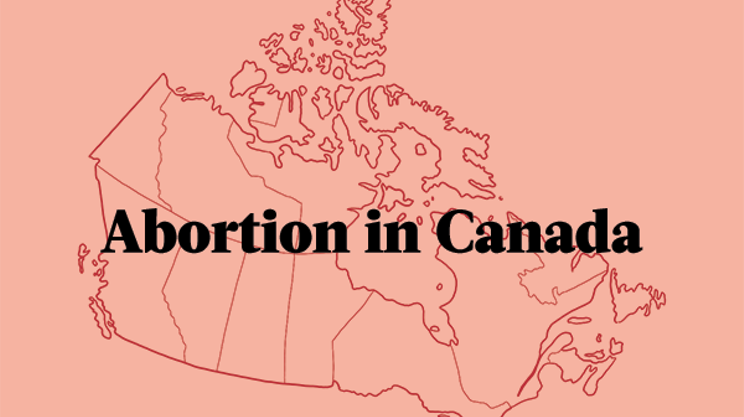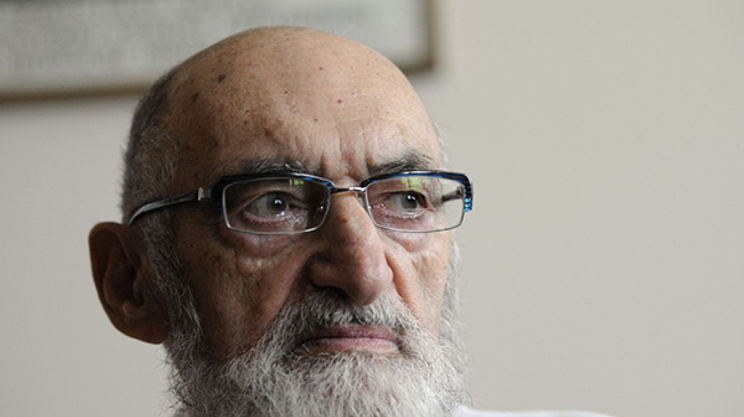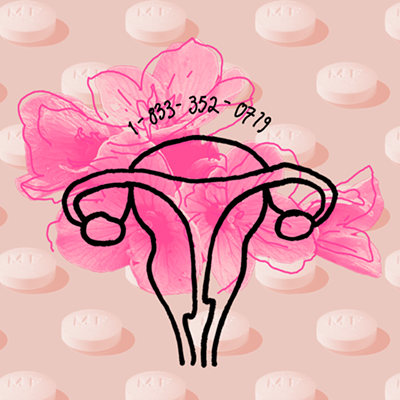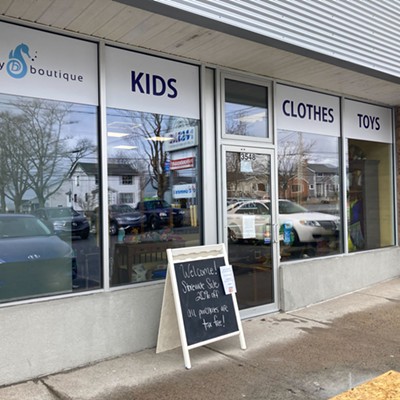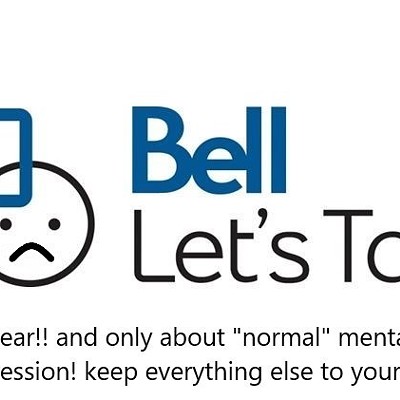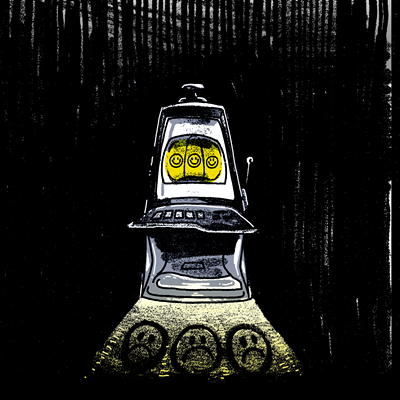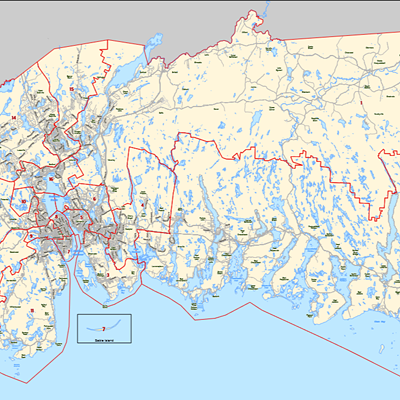T he pill, an IUD, condoms, plan B, nuvarings, abortion, pulling-out, tracking your cycle–these are all equally valid choices of birth control. And they should all be equally available and offered to those who want birth control. Abortion isn't always just the last-ditch effort if other forms of birth control failed or if you're a victim/survivor of assault. For some–especially in rural and remote communities in Canada–it's a regular form of birth control. It should be considered as such.
Thinking about abortion just like any other birth control isn't radical. It's simply another medical procedure necessary for personal well being and healthcare. Even the small print on your birth control package will tell you there's a chance the pill caused you to miscarry during the early stages of pregnancy without you even noticing anything more than a heavier period one month.
For some, it's the only birth control option available. In rural and remote areas, women and trans men are forced to travel outside their communities for both medical and surgical abortions.
When people are forced to travel or wait for an abortion, it can affect their choice between a medical and surgical abortion. The trickle-down effects of this could be a more costly procedure and a more invasive procedure that requires more time than they were hoping for.
On top of the added costs of travel and accommodation, there's the cost of having to pay out of pocket if you're not covered. The cost of the abortion pill ranges from $300 to $450 per package. A surgical abortion can be more like $750 to $850 depending on how far along the pregnancy is.
Oral contraceptives can cost $30-$40 for three months, isn’t covered by federal universal healthcare and most aren’t covered by provincial or territorial coverage plans. Same goes for emergency contraceptives like Plan B, which can run up $40 per package at pharmacies. You can find these contraceptives cheaper at sexual health clinics, but again, in remote and rural communities there may not even be sexual health clinics.
More barriers: anti-choice healthcare providers, misinformation around birth control and how to safely access it, bureaucratic red tape and needing ultrasounds or doctors' referrals.
Needing an abortion may be due to contraceptive failure, lack of access to accurate reproductive and sexual health information, lack of access to accessible and affordable other forms of birth control, sexual assault or because someone doesn't want to have a baby.
Reframe the way we think about the medically, socially and economically necessary procedure as equal to any other birth control, and we'll begin seeing fewer barriers to access.

